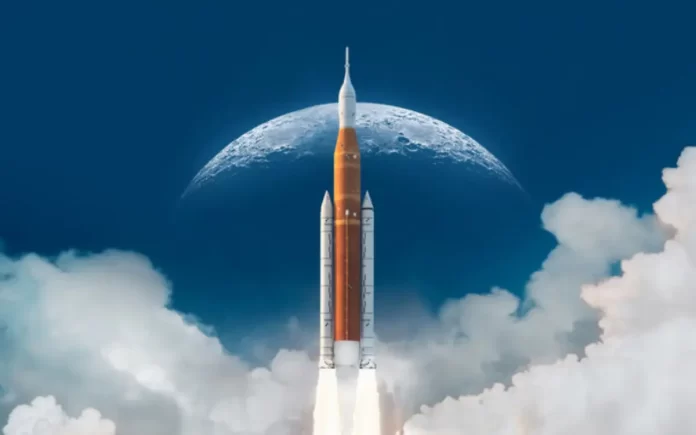Washington: In a concerning alert, Pentagon space experts have cautioned that the United States faces the risk of lagging behind China in the emerging space race. Released by specialists from the Space Force, Air Force Research Laboratory, and Defense Innovation Unit, a recent report emphasizes the critical necessity to strengthen American and allied space industries while streamlining bureaucratic processes to uphold the US’s leading position in space exploration and warfare capabilities.
Rapid Advancements by China
Highlighting China as a formidable strategic competitor, the report underscores the nation’s swift advancements in space capabilities. The White House has identified the current period as a “decisive decade” in competition with Beijing, warning that China could potentially surpass the US as the dominant space power by 2045 unless proactive measures are swiftly implemented.
According to the Washington Times, China’s progress in space propulsion systems and its collaboration with Russia accentuate the urgency for the US to enhance its space endeavors. Notably, China’s recent space maneuvers near US satellites are viewed as potential military threats, stressing the imperative for the US to develop in-space servicing, assembly, and manufacturing (ISAM) capabilities.
Experts project that by 2060, there could be thriving human settlements beyond Earth, an expanded space economy, and a potential shift in power dynamics favoring US leadership. However, realizing this vision hinges on fortifying the current space industry. The report emphasizes the importance of preserving core values like a free society, a market economy, and the right of self-determination amidst technological advancements.
Also Read | Tata’s TSAT-1A: India’s Made-in-India Military Satellite Successfully Deployed by SpaceX Rocket
Elevating Space Innovation
The report underlines the pivotal role of high-tech companies in the private sector in leading US space systems and programs. However, it flags bureaucratic inefficiencies as impediments to space innovation and competitiveness, calling for disruptive ideas to drive change at a rapid pace.
Among strategic recommendations, the report proposes the consideration of establishing a Cabinet-level Space Department or National Space Agency. Such a move aims to expedite strategic space initiatives and maintain US leadership against competitors, particularly China.
Also Read | Angara-A5 Rocket Launch Delayed Indefinitely: Russia’s Space Plans Stalled
Collaboration with Allies and Embrace of Advanced Technology
Collaboration with allies in space programs, including those developing military space capabilities, is deemed essential. This collaboration gains significance as commercial space technology, exemplified by Elon Musk’s Starlink satellite communications, plays a vital role in contemporary global conflicts, as evidenced in regions like Ukraine.



